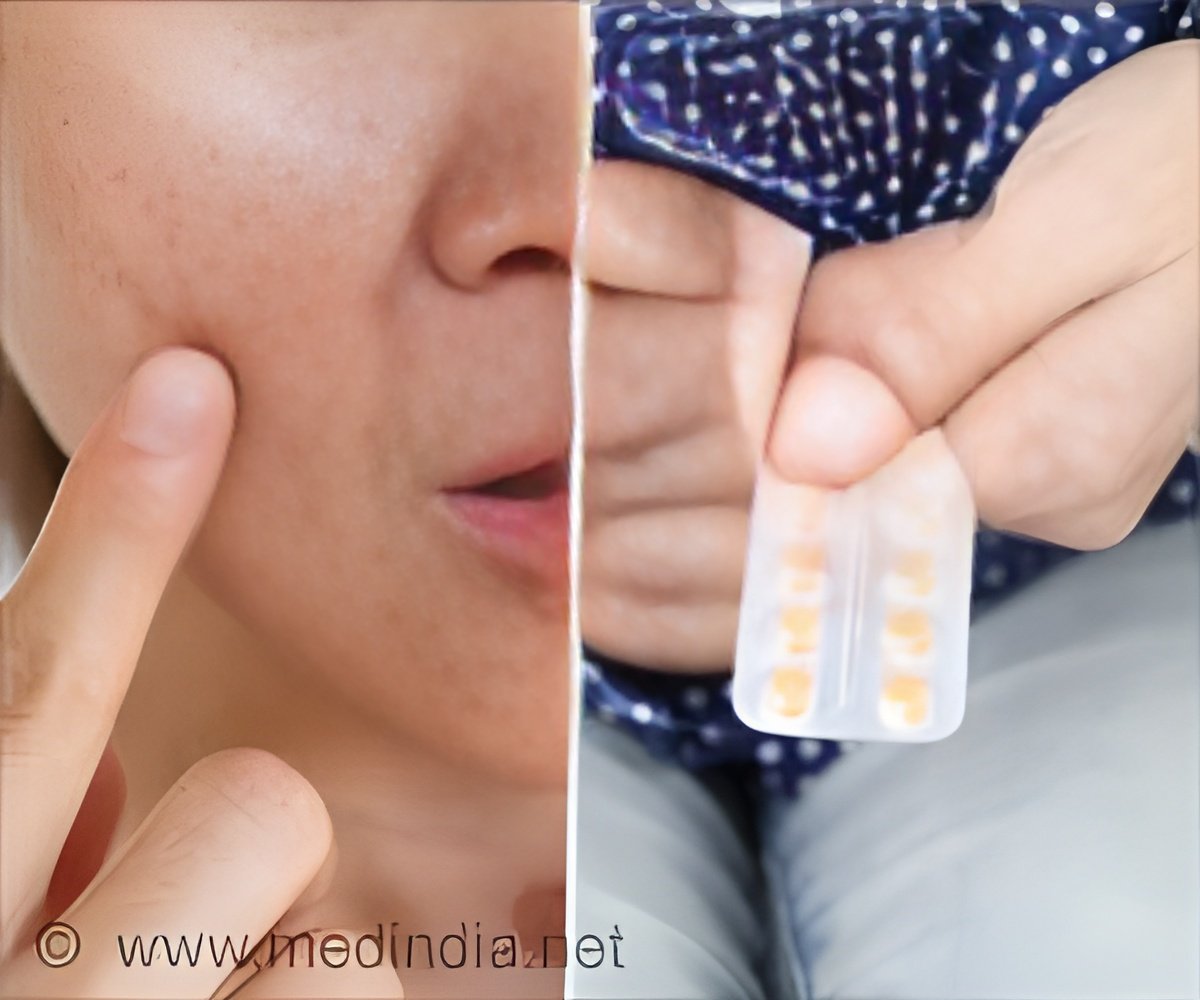Benzene found in acne treatments raises alarms, urging FDA action. Safety compromised.

Potential Health Effects Associated with Dermal Exposure to Occupational Chemicals
Go to source). Valisure's recent report, released from its base in New Haven, Connecticut, has spotlighted prominent brands such as Clinique, Clearasil, and Target's Up & Up for containing high levels of benzene. The implications are dire, as benzene is a known carcinogen with severe health risks, particularly with prolonged exposure.
‘Did you Know? Benzene levels in acne treatments exceed FDA limits by 800x, posing serious health risks. #cancer #benzene #acne #consumersafety’





Advertisement
Valisure's Petition: Urging FDA Intervention
The gravity of the situation prompted Valisure to file a petition with the U.S. Food and Drug Administration (FDA), urging immediate action. The petition calls for the recall of the contaminated products, a thorough investigation into the matter, and a revision of industry standards and guidelines.Among the products flagged by Valisure, Estee Lauder's Clinique, and Reckitt Benckiser-owned Clearasil experienced a notable impact. Estee Lauder shares tumbled by 2% following the report, reflecting investor concerns over the potential fallout from the benzene contamination.
Furthermore, Valisure's findings extended beyond household names, implicating other widely used products like Proactiv, PanOxyl, Walgreens' acne soap bar, and Walmart's Equate Beauty acne cream. The scope of the contamination underscores the urgency of addressing systemic issues within the cosmetic industry.
Valisure's President, David Light, emphasized the severity of the findings. He highlighted that benzene wasn't a byproduct of contaminated ingredients, as seen in previous cases with sunscreens and hand sanitizers. Rather, benzene was inherent in benzoyl peroxide, a key component in acne treatment products. The discovery represents a fundamental flaw in product formulation and quality control.
Advertisement
Industry Response and Consumer Concerns
Reckitt Benckiser, responding to the allegations, maintained that Clearasil products were safe when used as directed. Estee Lauder echoed similar sentiments, asserting the safety of benzoyl peroxide in Clinique products. However, consumer confidence has been shaken, with skepticism mounting over the adequacy of safety protocols and regulatory oversight.Surprisingly, Target, Walmart, and the FDA have yet to respond to Valisure's petition, leaving consumers in a state of uncertainty and vulnerability. The lack of swift action raises questions about accountability and consumer protection in the cosmetic industry.
Advertisement
Benzene Contamination: A Threat to Consumer Health
Benzene contamination in acne treatments represents a substantial departure from previous incidents involving consumer products. Valisure's tests revealed benzene levels exceeding 800 times the FDA's restricted concentration limit, underscoring the severity of the issue.The implications of benzene contamination extend far beyond the cosmetic aisle. They underscore broader concerns regarding product safety, regulatory oversight, and corporate responsibility. Immediate action is imperative to safeguard consumer health and restore trust in the cosmetic industry.
“As consumers, we must remain vigilant and demand transparency and accountability from companies and regulatory agencies alike. Our health and well-being depend on it.”
Reference:
- Potential Health Effects Associated with Dermal Exposure to Occupational Chemicals - (https://www.ncbi.nlm.nih.gov/pmc/articles/PMC4270264/)
Source-Medindia














